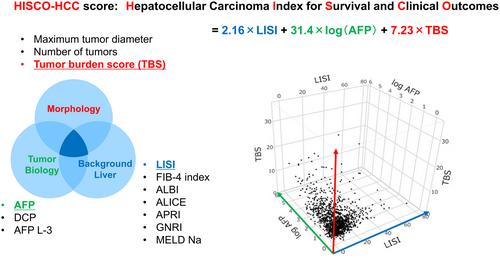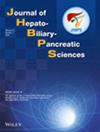Evaluation of prognostic efficacy of liver immune status index in predicting postoperative outcomes in hepatocellular carcinoma patients: A multi-institutional retrospective study
Abstract
Background
Hepatocellular carcinoma (HCC) ranks third in cancer-related deaths globally. Despite treatment advances, high post-hepatectomy recurrence rates (RR), especially with liver fibrosis and hepatitis C virus infection, remain challenging. Key prognostic factors include vascular invasion and perioperative blood loss, impacting extrahepatic recurrence. Natural killer (NK) cells are crucial in countering circulating tumor cells through TRAIL-mediated pathways. The aim of this study was to validate the liver immune status index (LISI) as a predictive tool for liver NK cell antitumor efficiency, particularly in HCC patients with vascular invasion.
Methods
A retrospective analysis of 1337 primary HCC hepatectomies was conducted by the Hiroshima Surgical Study Group of Clinical Oncology (HiSCO). Clinicodemographic data were extracted from electronic medical records. Prognostic indices (FIB-4, ALBI, ALICE, GNRI, APRI, and LISI) were evaluated using area under the receiver operating characteristic curve values. Survival analyses employed Kaplan–Meier estimations and log-rank tests.
Results
LISI significantly correlated with other prognostic markers and stratified patients into risk groups with distinct overall survival (OS) and RR. It showed superior predictive performance for 2-year OS and RR, especially in patients with vascular invasion. Over longer periods, APRI and FIB-4 index reliabilities improved. The HISCO-HCC score, combining LISI, tumor burden score, and alpha-fetoprotein levels, enhanced prognostic accuracy.
Conclusion
LISI outperformed existing models, particularly in HCC with vascular invasion. The HISCO-HCC score offers improved prognostic precision, guiding immunotherapeutic strategies and individualized patient care in HCC.


 求助内容:
求助内容: 应助结果提醒方式:
应助结果提醒方式:


